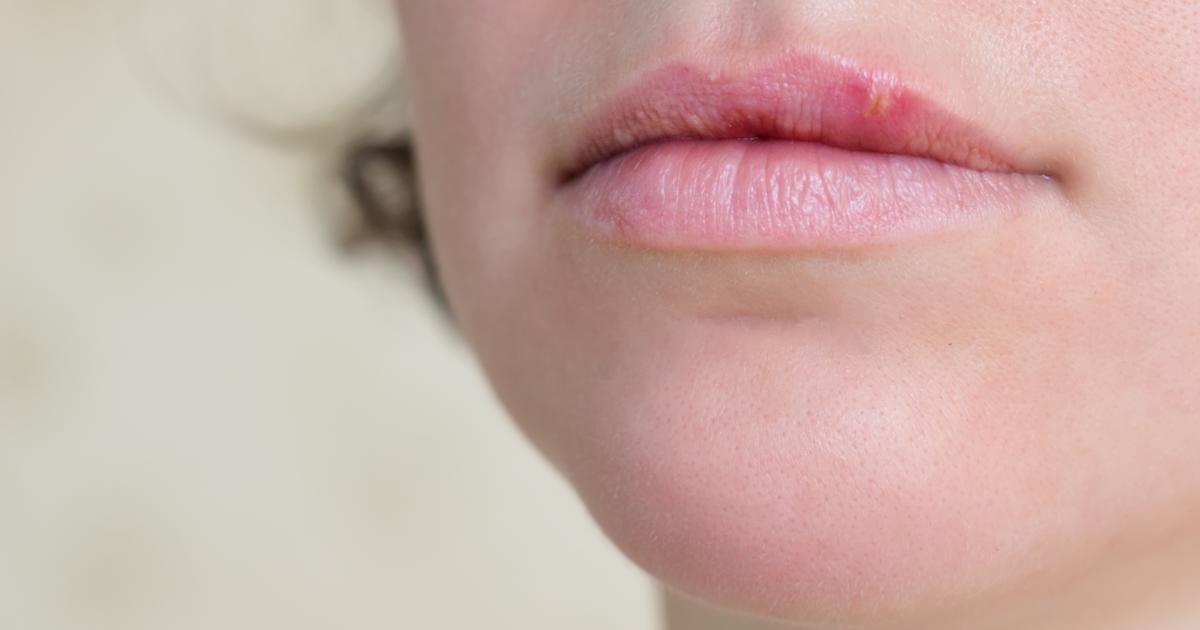What Causes Mouth Sores?
There are several different kinds of mouth sores, and many individuals experience some type of sore at least once throughout their lives. Mouth sores can develop on or around any soft tissues that make up the mouth, including the roof, floor, tongue, gums, cheeks, and lips. It's also possible to develop sores on the esophagus, which is the tube that connects an individual's mouth to their stomach. The majority of mouth sores are minor irritations that last for just one or two weeks. There are more serious cases, though, where a mouth sore can be a sign of an infection or mouth cancer.
Get familiar with the variety of different causes of mouth sores now.
Cold Sores

A cold sore, which can also be called a fever blister, is a common type of viral infection. Cold sores cause small and fluid-filled blisters to develop around and on the lips. There may be just one blister, but affected individuals might also have several blisters grouped in a patch. When the blisters break, a sore is left behind, and a crust often forms over the sore. Most cold sores heal in between two and four weeks and don't cause scarring. Cold sores are spread from individual to individual through close physical contact like kissing. They are the result of HSV-1, a herpes simplex virus similar to the strain that leads to genital herpes. Both HSV-1 and HSV-2 can be spread through oral sex and are capable of affecting both the mouth and genitals. Even if individuals can't see the sores, cold stores are still contagious. HSV infection doesn't have a cure, which means the blisters might recur. Patients can help speed cold sore healing with antiviral medications. These medications might also reduce the frequency with which the cold sores return.
Uncover more causes of mouth sores now.
